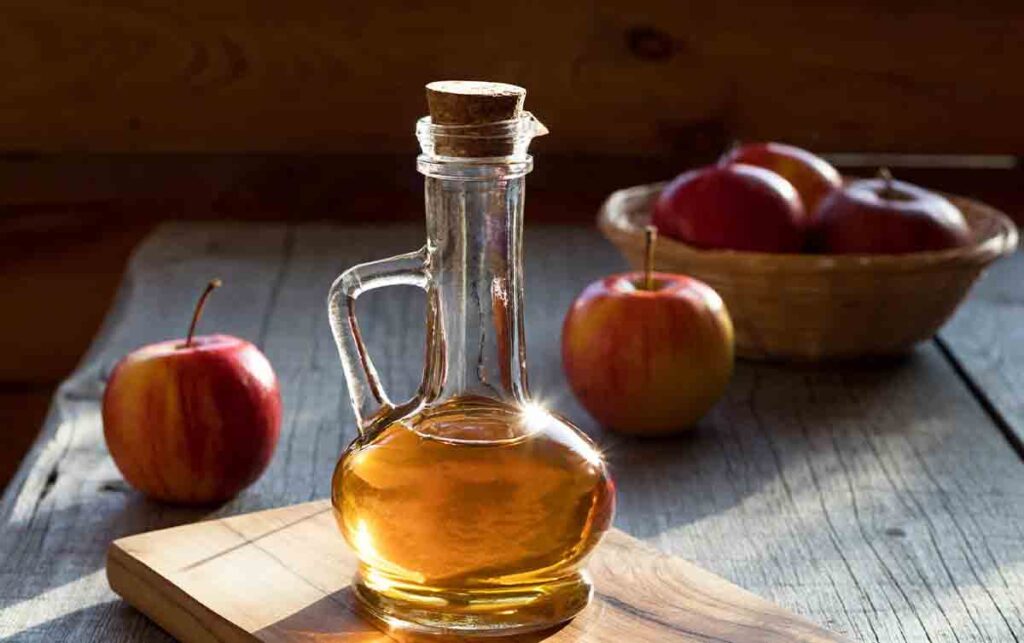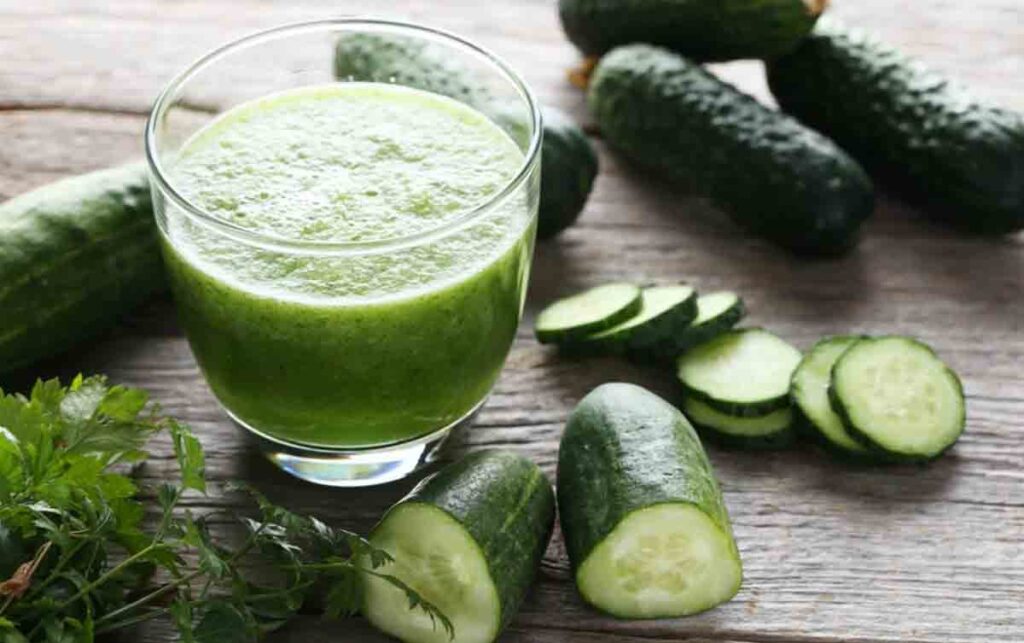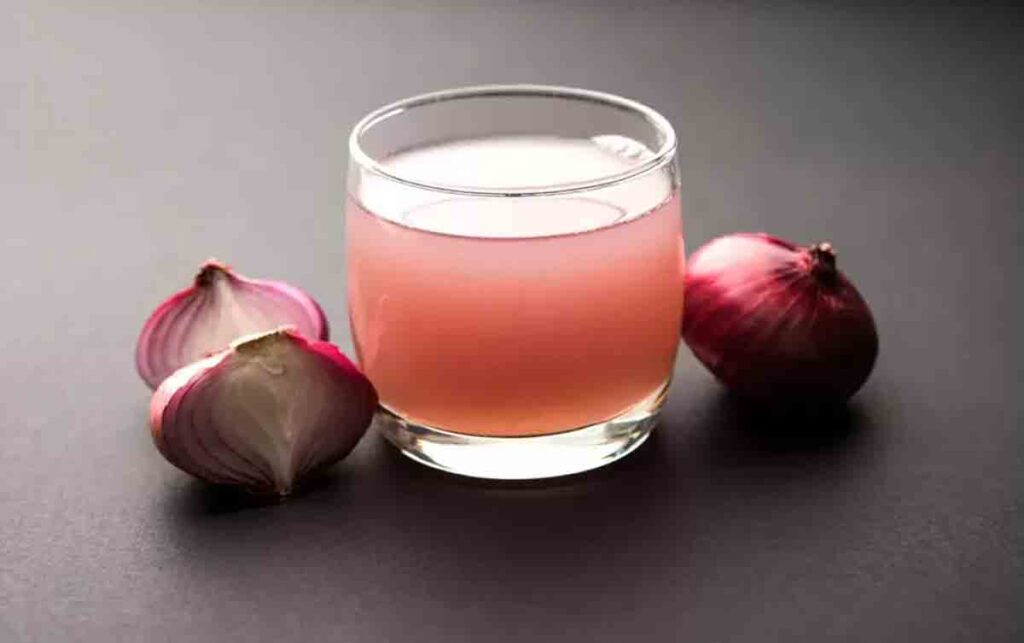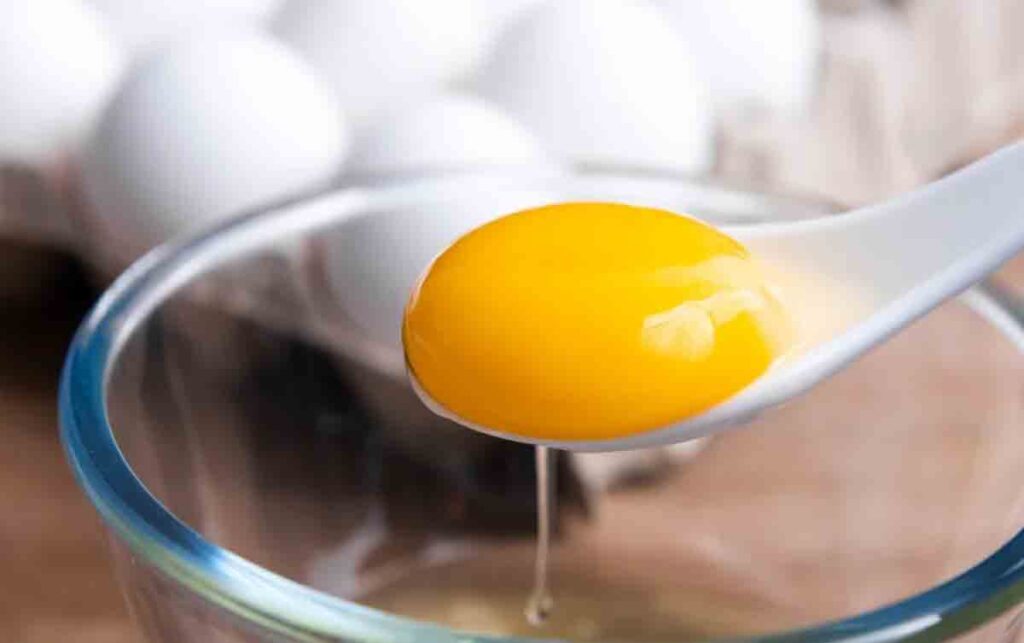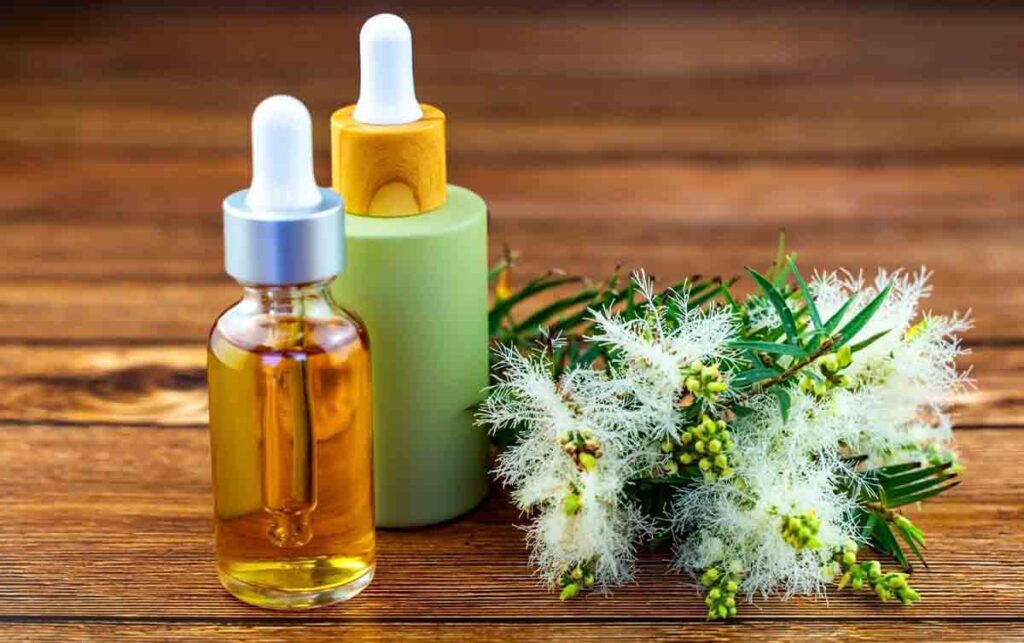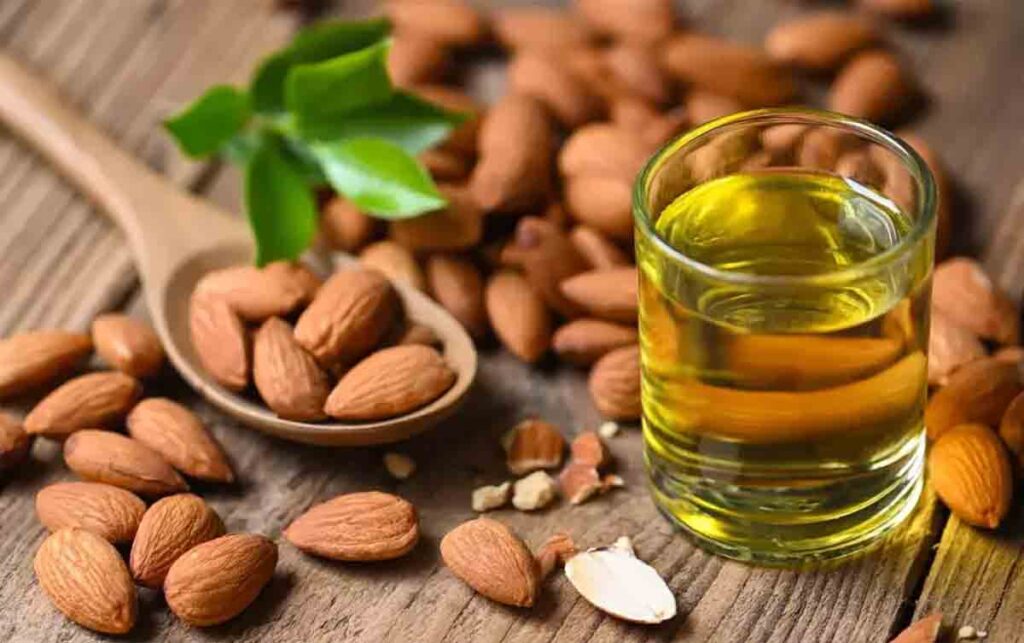Dandruff is a scalp condition caused by abnormal shedding and overproduction of sebum, often associated with excessive scaling of skin cells. People with oily hair tend to get dandruff more often than those with dry hair. This problem can start at any age, but it is most commonly seen between 18 and 25 years old. It may occur suddenly without causing pain, itching, or scratching, or it may gradually worsen over time.
Natural way to dye your gray hair at home
Home remedies for dandruff have been known since ancient times, and many people still use them today. In this article, I will share some of the natural home remedies for dandruff. You can find these remedies in any good book on herbal medicine.
In this article, we have listed home remedies for dandruff that can help you get rid of this problem without any side effects.
Apple Cider Vinegar
Apple cider vinegar contains acetic acid, malic acid, glycerin, benzoic acid, citric acid, and pectin. These components can dissolve dead cells and make way for fresh cells to take their place. You can use apple cider vinegar directly on your scalp or mix it with water and apply it before going to bed. Leave it on overnight and wash it off in the morning. Repeat this at least twice a week for the best results.
How to reduce stress during pregnancy
Castor Oil

Castor oil is rich in ricinoleic acid. When applied to the scalp, it helps keep away bacteria and fungi. Since castor oil is emollient, it makes the scalp soft and smooth. To prepare it, simply put 1 teaspoon of castor oil in a glass jar and add a few drops of olive oil. Mix them well and store them in a dark place for 2 weeks or until it turns solid. After two weeks, strain it using cheesecloth or muslin cloth and store it in a container for future use.
Aloe Vera Gel

Aloe vera gel is rich in polysaccharides that help stimulate blood circulation and moisturize dry scalps. Make sure to choose aloe vera gel that has no additives. Cut open the stem and scoop out the clear gel. Keep it in the refrigerator and use it only when it starts to thicken. Apply it directly to scalp and leave it overnight. Wash it off in the morning. Follow this remedy twice a week for the best results.
How to Revive Your Skin with Yogurt This Summer
Aloe vera gel is known to have a cooling effect on the skin. For the best results, use aloe vera gel before applying shampoo or conditioner. Follow this step for 4-5 days. You need to apply pure aloe vera gel from the leaf of the plant. Do not use any store-bought aloe vera gel, as it may contain chemical ingredients. Also, avoid putting aloe vera gel directly on the scalp. Wash your hair thoroughly after applying aloe vera gel to ensure no residue remains.
Cucumber Juice
Cucumbers have cooling properties and are great for soothing an irritated scalp. Simply cut the cucumber and squeeze its juice. Use this diluted juice on your scalp before going to sleep. Rinse it off in the morning and repeat this at night. Do this for 2 weeks for the best results.
Low Maintenance Indoor Plants for Clean Air
Onion Juice
Onions have antibacterial properties. Chop 4-5 onions finely and set them aside. Add some milk to them and boil them slowly. Let it cool and filter the liquid. Store this filtered solution in the refrigerator for future use. Gently massage the onion juice onto your scalp once a day.
How to Protect Your Child from Sun
Egg Yolk
Egg yolk is good for treating an oily scalp. Take 2 eggs and add them to warm milk. Beat them properly and let it rest for 30 minutes. Strain this mixture and use it as a mask. Wash it off after 15 minutes. Repeat this procedure three times a week. The first remedy is a mixture of honey, lemon juice, and water. Mix equal parts of these three ingredients together and apply to your scalp twice daily. Lemon juice kills bacteria and helps remove oil buildup. Honey hydrates and moisturizes the scalp, while making the mixture easier to spread evenly.
How to make Strawberry Milkshake
Coconut Oil

Coconut oil is rich in fatty acids and vitamins that nourish the body and prevent premature aging. Its fatty acid content consists of lauric, capric, myristic, palmitic, stearic, oleic, linoleic, and arachidonic acids. Lauric, capric, and myristic acids are responsible for providing moisture retention and restoring the natural oils in the scalp. Palmitic and stearic acids help improve elasticity and prevent frizziness of the hair. Oleic acid prevents excessive drying of the scalp and promotes hair growth.
Benefits of 8 Shape Walking Exercise!
Tea Tree Oil
Tea tree oil comes from the Australian native tea tree and has been known to fight bacteria and viruses. It has been shown to treat fungal and bacterial infections due to its antibacterial and antifungal properties. It is effective when applied topically or ingested orally. Tea tree oil helps balance sebum production and regulates the pH levels in the scalp. This reduces excess oil buildup and prevents the overgrowth of yeast fungi, thus preventing dandruff. Tea tree oil should always be diluted before use. You can dilute 1 drop of tea tree oil with 10 ml of water for external application or 2 drops per 10 ml of water for internal consumption.
Why do I wake up tired in the morning?
Rosemary
Rosemary is a herb that grows wild throughout Europe and North America. It is often called the “winter savior” because it provides protection from cold weather. Rosemary is rich in antioxidants and has anti-inflammatory properties. It is said to increase the flow of blood and oxygen to the brain. Applying rosemary oil to the scalp helps stimulate circulation and reduce inflammation.
Almond Oil
Almonds are packed with omega-3 fats that help maintain strong and smooth hair. They also work to protect against damage caused by UV rays and environmental pollutants. Use almond oil directly after massaging the scalp or leave it overnight to penetrate deep inside the scalp.


